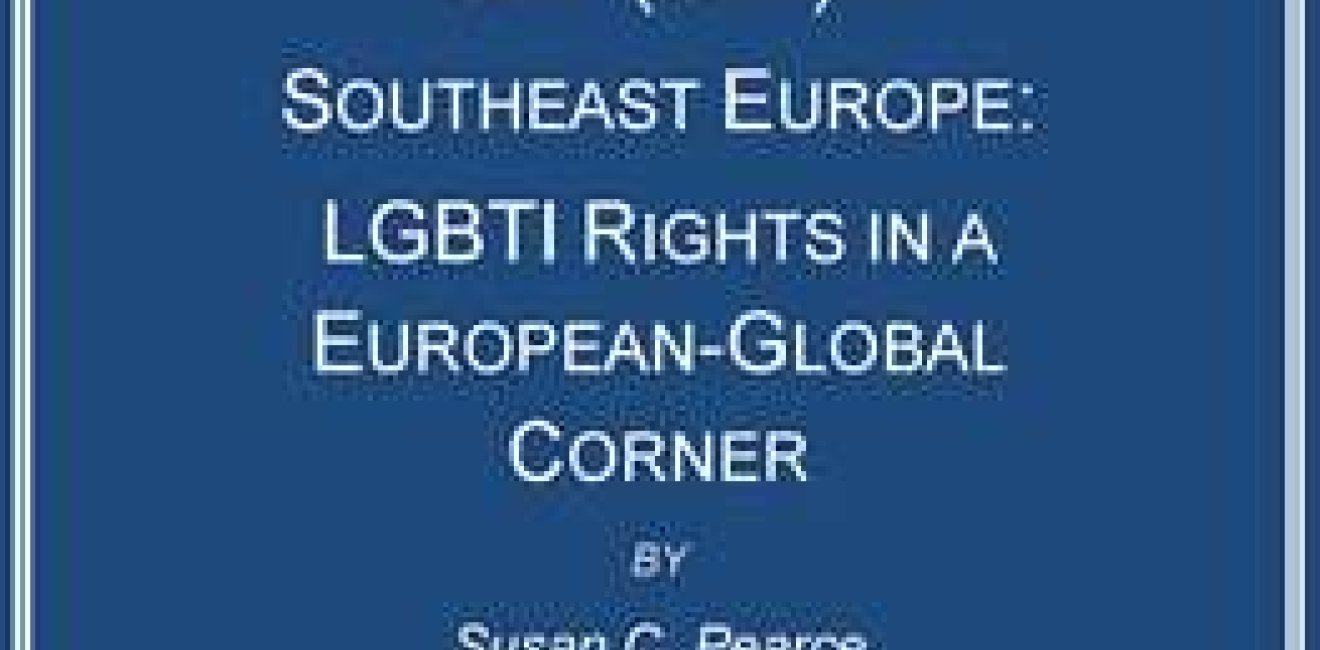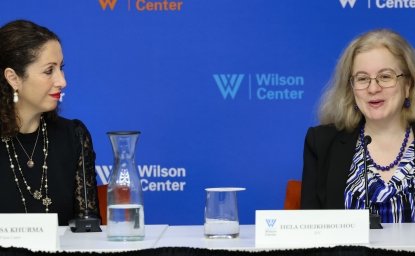“Southeastern European countries are positioned at one of the globe’s front lines of LGBTI organizing,” writes former Wilson Center research scholar Susan Pearce in her latest policy brief on LBGT rights “Gej” in Southeast Europe. According to Pearce, “There is an opportunity for this region’s activists and governments to assume unique leadership on these issues at this point in history.” Focusing on the Western Balkans and Southeast Europe, Pearce offers two examples that “illustrate the present-day border crossing animated by issues of sexual orientation and gender identity.” Turkey, as Pearce suggests, “is a transit country for LGBTI people escaping gender-based violence in the MENA region,” while Serbia, “has become a hub for sex-reassignment surgery for nationals from countries that do not offer this.”
To read the full text of the policy brief, please refer to the attached document below.





